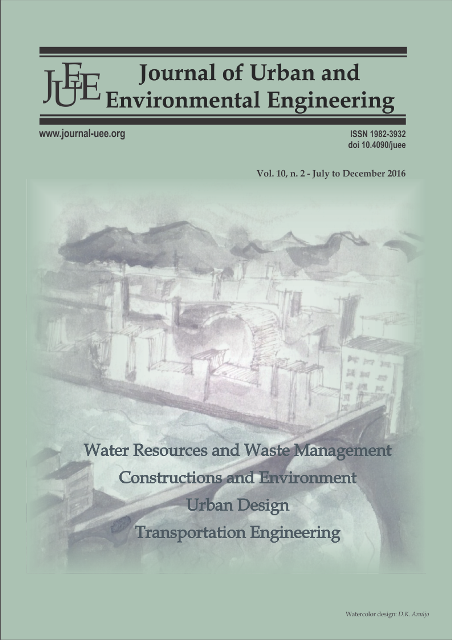HOLISTIC STRATEGY FOR URBAN DESIGN: A MICROCLIMATIC CONCERN TO SUSTAINABILITY
DOI:
https://doi.org/10.4090/juee.2016.v10n2.221-232Keywords:
Public space, public realm, Comfort, Micro climate, ease of movement, connectivityAbstract
The paper investigates the compatibility study and proposal for public space design strategy for Agrabad central business district area at Chittagong, Bangladesh. It examines the daylight factors, shadow parameters and thermal analysis to examine the performance level of proposed public spaces. The mentioned analysis leaned to optimized solutions through application of a thermal simulation program named ECOTECT. In the long run an overview of conclusions with design guideline from the investigated outcomes is cited. Findings from this investigation indicate possible optimized solution for Agrabad Central Business District (CBD). Resilient urban design concerns about the quality of built environment. Consideration of micro climatic factors can contribute to achieve sustainable and comfortable outdoor environment for better urban design. Learning from the global practice and application in a local context requires deeper understanding and knowledge. Traditional urban design methods cannot meet the needs of the citizens. This paper therefore provides a resilient analysis evolved from the local aspects, derived from Carmona’s ‘Values of urban design’. This work intends to open up a new frontier in the field of sustainable built enviroment, and expects to be useful for readers interested in urban design or related fields.Downloads
Download data is not yet available.
Downloads
Published
2017-04-28
Issue
Section
Articles




